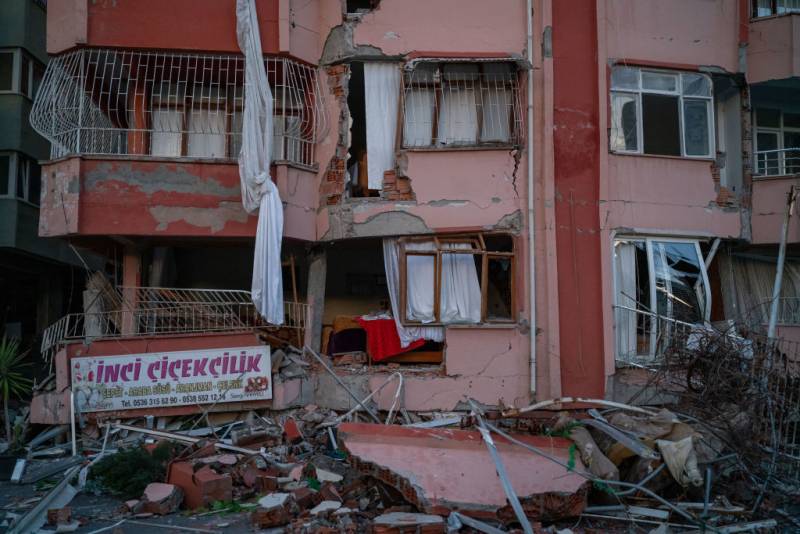Ghaidaa Mousabacha was born and raised in Syria, and now works as a behavioral counselor in the Bay Area.
She stressed that one of the most powerful things people in the U.S. can do to help is donate to organizations that are providing support on the ground to save lives.
“Keep them in your thoughts and prayers, but also make sure you speak to your government representatives about sending immediate rescue and aid,” Mousabacha said. “There is a lot of need for personnel and equipment and immediate shelter for the people without homes, especially in difficult winter conditions.”
Multiple sources who spoke to KQED shared concerns over relief funds going through the Syrian and Turkish governments, and recommended that people who wish to donate do so through a vetted humanitarian aid group.
Groups raising funds to provide direct aid
The Syrian American Medical Society (SAMS) Foundation is providing on-the-ground medical aid in Northwest Syria at hospitals and other medical facilities. The agency reported that four of their medical clinics were damaged by the earthquake and three of those are no longer operational due to such severe damage.
Bridge to Turkiye Fund is raising money to provide food, water and shelter to displaced families in southern Turkey as well as emotional support and well-being for children.
Syria Relief and Development (SRD) has deployed around 20 ambulances to respond to injuries and is raising $75,000 to continue providing medical care, gas for ambulances, shelter and food for survivors and responders.
Syrian Forum USA provides education, job training and other economic services focused on women and young people. The organization is raising funds to provide blankets, winter clothing, shelter and heating to earthquake survivors.
MedGlobal, an international emergency response nonprofit, provides medical support for Syrians displaced by war and violence, and is working with families affected by the earthquake.
Rahma WorldWide, based in Michigan, provides health services and food to communities in Syria and is fundraising to provide supplies to families in the earthquake disaster zone.
Swasia Charity Foundation is a U.S.-based humanitarian aid nonprofit raising funds for food baskets, cooked meals, blankets, heating supplies, medical consumables and other basic supplies in Syria.
The White Helmets are leading search-and-rescue efforts in many areas devastated by the earthquake. Around 300 volunteers are working to find unaccounted-for loved ones and maneuver equipment necessary to uncover rubble.
NuDay Syria is partnering with the White Helmets to distribute food baskets, winter gear, emergency shelter, water and other basic necessities to those who have been displaced by the earthquake.
Mercy Without Limits provides orphan care, education opportunities and basic needs such as water, food and shelter to women and children in Syria. The nonprofit is fundraising to provide food packages, water, blankets and shelter to families affected by the earthquake.
This story includes reporting from KQED’s Christopher Alam.
This story has been updated.
